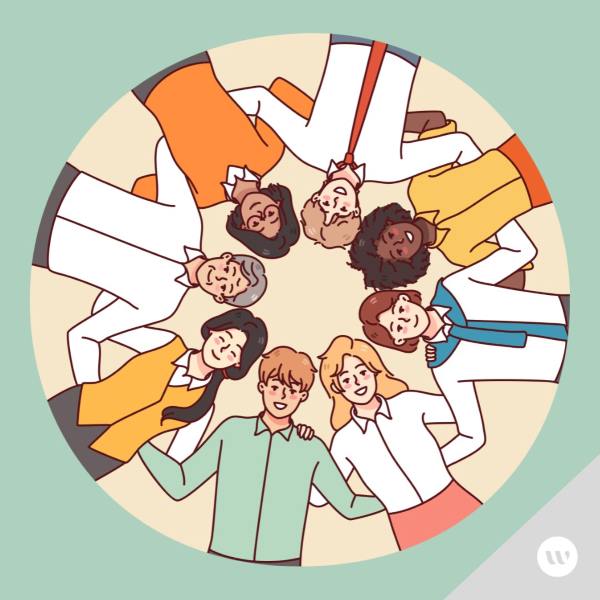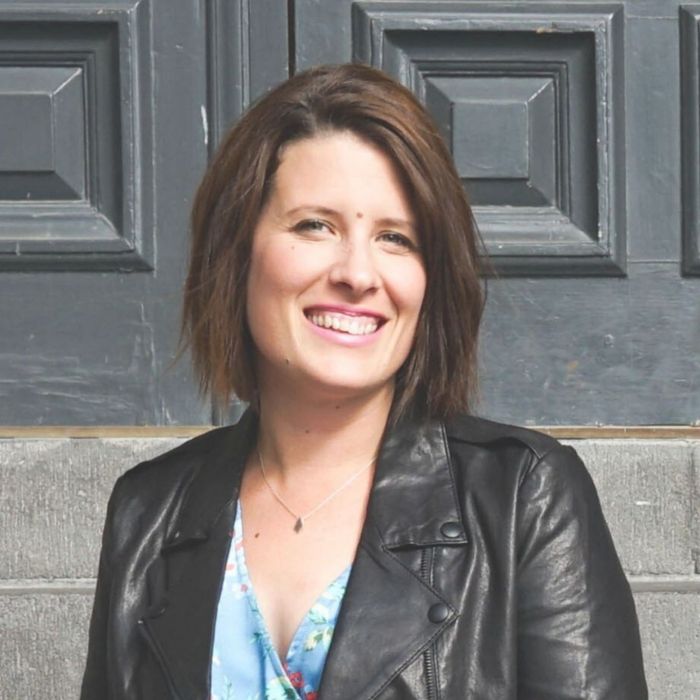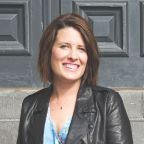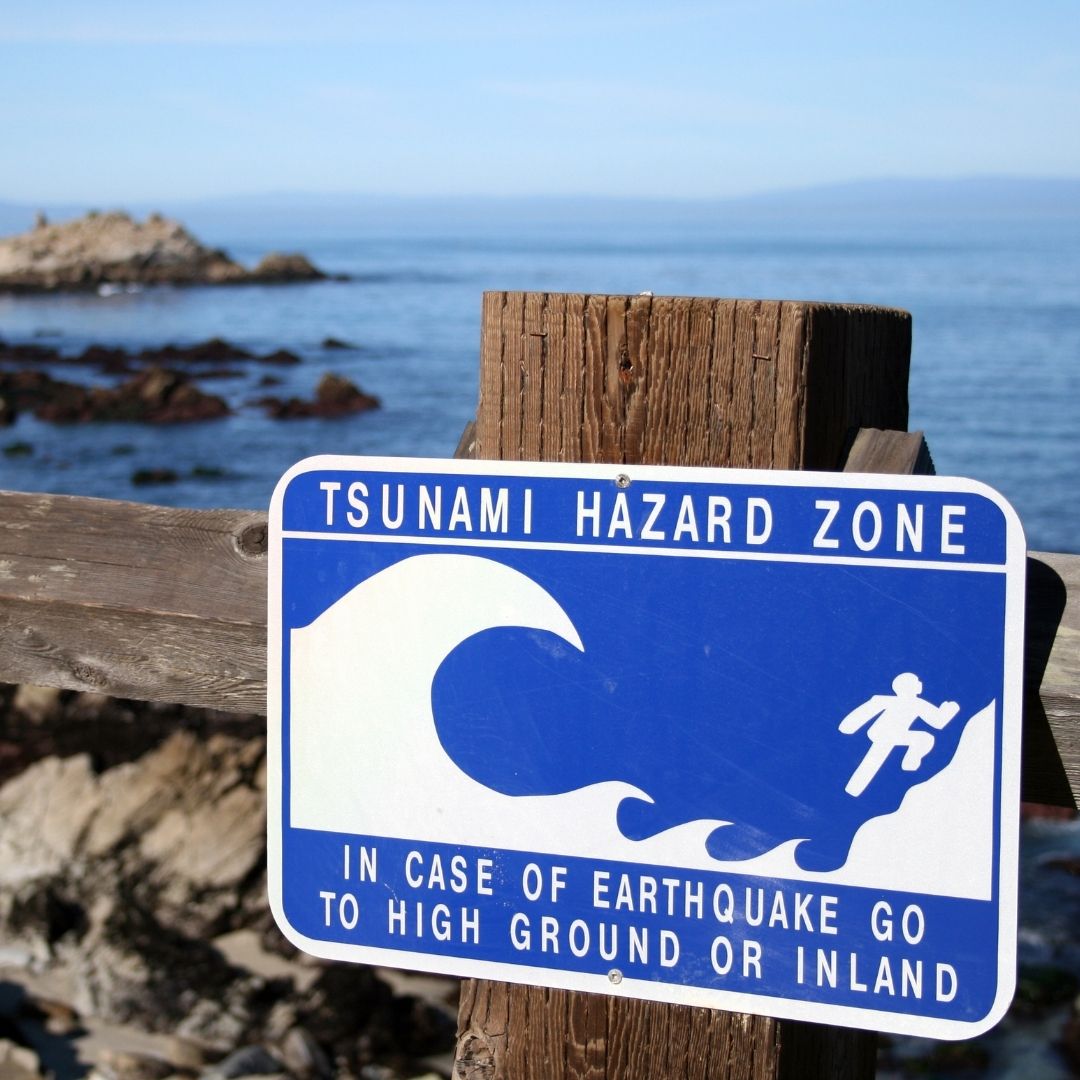
Wake-up Call For Schools And Pre-Schools After Earthquakes Off The NI’s East Coast Today
Friday, 5 March 2021, 4:38 pm
Press Release: Revolutionaries of Wellbeing
Leading workplace wellbeing expert, Sarah McGuinness, says that the earthquakes off the North Island’s East Coast this morning should serve as a wake-up call for pre-schools and schools.
After raising concerns at the end of last year with a local primary school in the Gisborne area around risks associated with their evacuation plan, Sarah believes there are other questions that New Zealand schools should address.
“At the end of 2020, I realised that teachers at our local school had not received adequate training regarding the health and safety aspects of emergency evacuation, and there were not the appropriate resources in place to support a safe evacuation to a higher point during a tsunami alert. This is a very real concern not only for the school I raised it with but any school around the country close to the coast.”
Sarah says reducing stress and “building the plane while you’re flying it” would be significantly addressed with better planning for events such as those being experienced in the north today. She understands the current scenario at the school in Gisborne, sees 200+ children crossing a very busy road with an 80km/hr speed limit, and traffic management conducted by one teacher wearing a high-vis vest.
“The road is one of the most high-risk** in the Gisborne region and there is no warning for drivers that children may be present,’ she says.
Sarah is today calling on the government sector, including the Ministry of Education, Civil Defence, NEMA and other support agencies, to proactively check-in with schools and school boards to ensure current emergency evacuation plans are well planned and well managed.
“We live in a country where natural disasters are always a risk. Teachers and school boards are not health and safety experts. We need to give them adequate training, support and resources to lead effectively. That includes having a plan created by a health and safety professional, well-managed practice runs and the necessary resources in place – be it signs, road crossing equipment, PPE and so on.”
Sarah McGuinness says the communities that are pulling together in the north today are testament to the close connections in the hapori whānui (wider community) but this must be well supported by good planning and training.
